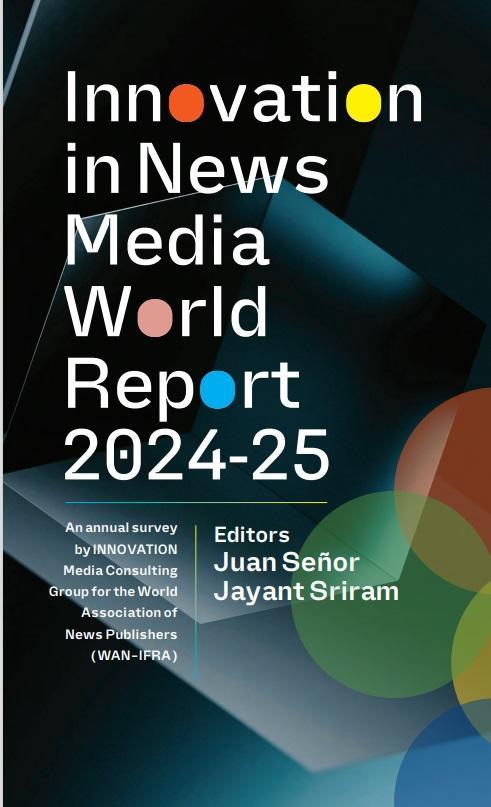
SEOUL, June 20 (AJU PRESS) - News agencies, media outlets, and publishers worldwide are grappling with the growing threat of misinformation, particularly as artificial intelligence (Al) and deepfakes become more sophisticated and complicated.
The World Association of News Publishers (WAN-IFRA)'s latest report raises these concerns and challenges currently confronting the news industry. "The year 2024 is shaping up to be a headline-grabber, packed with global elections, ongoing conflicts, and the thrill of the Olympics. Amidst this flurry of events, the shadow of misinformation looms large, prompting governments worldwide to sound the alarm," it said.
A recent study by Britain's Ofcom showed the vulnerability of users who rarely question online information, with many often falling prey to fake social media accounts. This underscores the importance of media literacy campaigns. The study revealed that about 30 percent of U.K. adults "rarely question the authenticity of online information, with 6 percent glossing over the truth of stories entirely. A notable 25 percent were duped by bogus social media accounts, highlighting a widespread struggle to separate fact from fiction."
The report attributes the study's striking results to AI technologies which "have the capability to generate synthetic imagery, audio, and video with precision, facilitating the targeting of specific demographics on an unprecedented scale."
The report highlights how various global initiatives are tackling misinformation across online platforms and traditional media. "Major tech companies, including Meta, Google, and TikTok are currently..... taking proactive steps by mandating disclosures of AI usage by users and political entities." They are also “forming partnerships with fact-checkers to identify fraudulent content swiftly."
"Now more than ever, it has become clear that fact-checking and verification tools have to be integrated into news organizations and other platforms, emphasizing transparency and addressing sophisticated methods of spreading false information. Efforts to tackle misinformation are especially important in areas with low media literacy and internet access."
From South America's Chequeado to Africa's Africa Check, Brazil's Aos Fatos, and India's The Quint, these independent organizations are employing diverse methods to combat misinformation and promote media literacy. These include traditional fact-checking, educational initiatives, and interactive formats to counter fake news.
For example, Chequeado "seeks to move beyond merely addressing the misinformation problem in a journalistic and academic context and reach audiences whose lives, health or freedoms could be directly damaged by false claims." It is also "exploring new distribution methods, including partnerships with TV channels and content creation for platforms like TikTok and WhatsApp."
Another example is Aos Fatos which "has become one of Latin America's most innovative websites, employing a data-driven approach and automation solutions to combat misinformation effectively." Its advanced real-time disinformation monitoring system called “Radar,” designed specifically for Portuguese-language, "scans various platforms, identifying keywords and linguistic patterns commonly associated with disinformation campaigns."
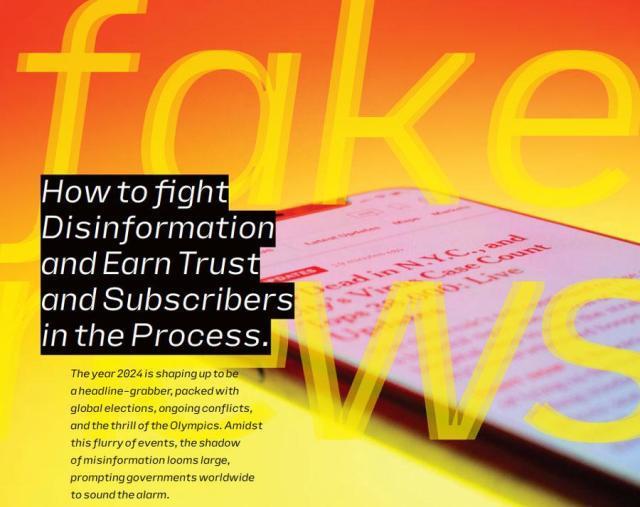
The rise of Al requires revamped strategies. The report emphasizes the need for integrated fact-checking tools, innovative use of technology and proactive measures to counter the spread of manipulated content. In particular, significant global events like elections, conflicts and the Olympics often increase the risk of misinformation.
While regulations haven't caught up yet, major tech companies are taking initial steps. Disclosures of Al usage and collaborations with fact-checkers are positive developments.
The report advocates for a global commitment to combating misinformation through innovative approaches and collaborative endeavors across different regions and platforms. In conclusion, it stresses the need to evolve beyond mere "debunking" of false information, suggesting that formats should incorporate elements of "pre-bunking" and media literacy. These proactive approaches will be crucial to better manage misinformation in the era of AI.
Copyright ⓒ Aju Press All rights reserved.

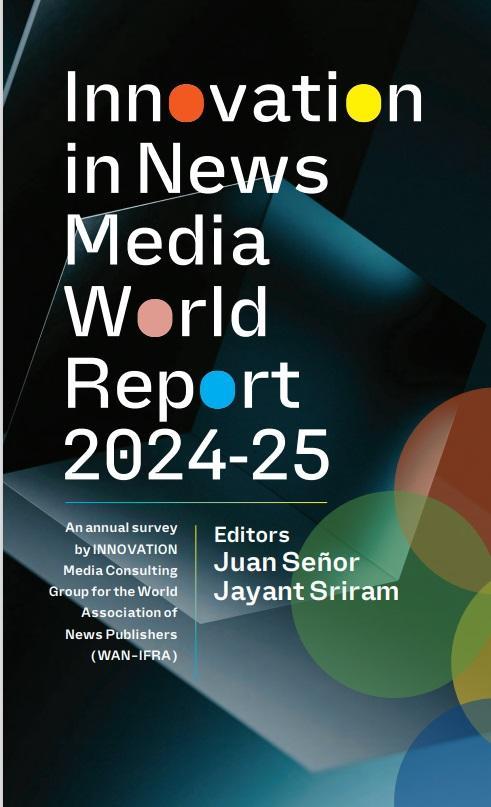
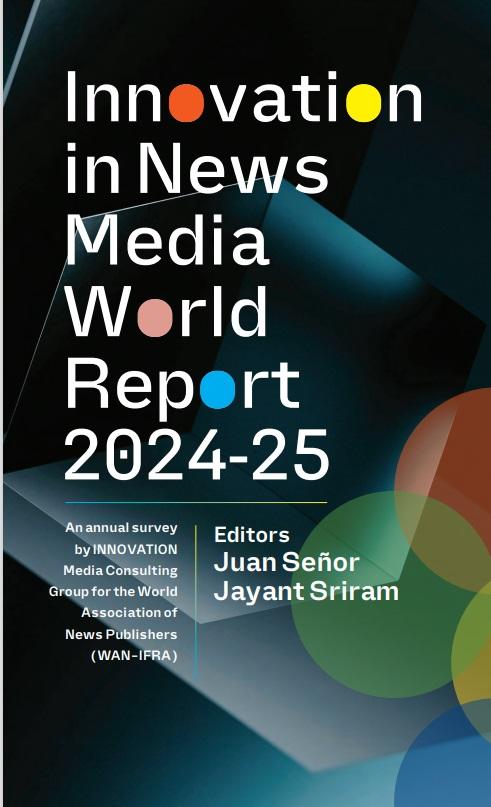
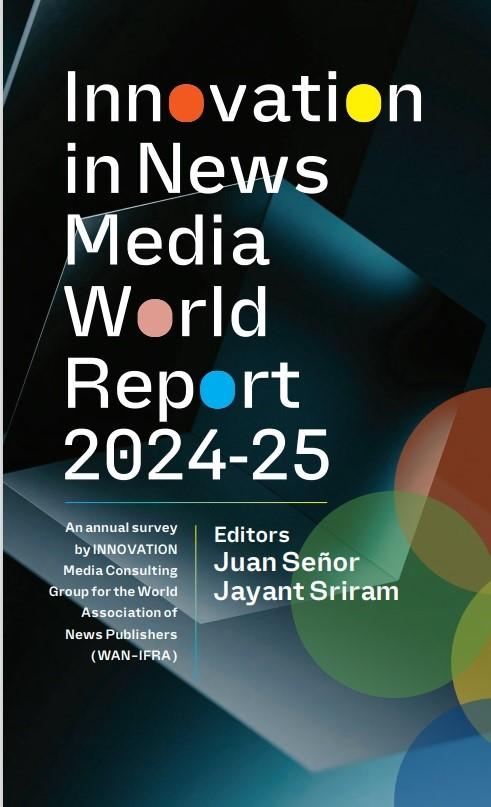
View more comments